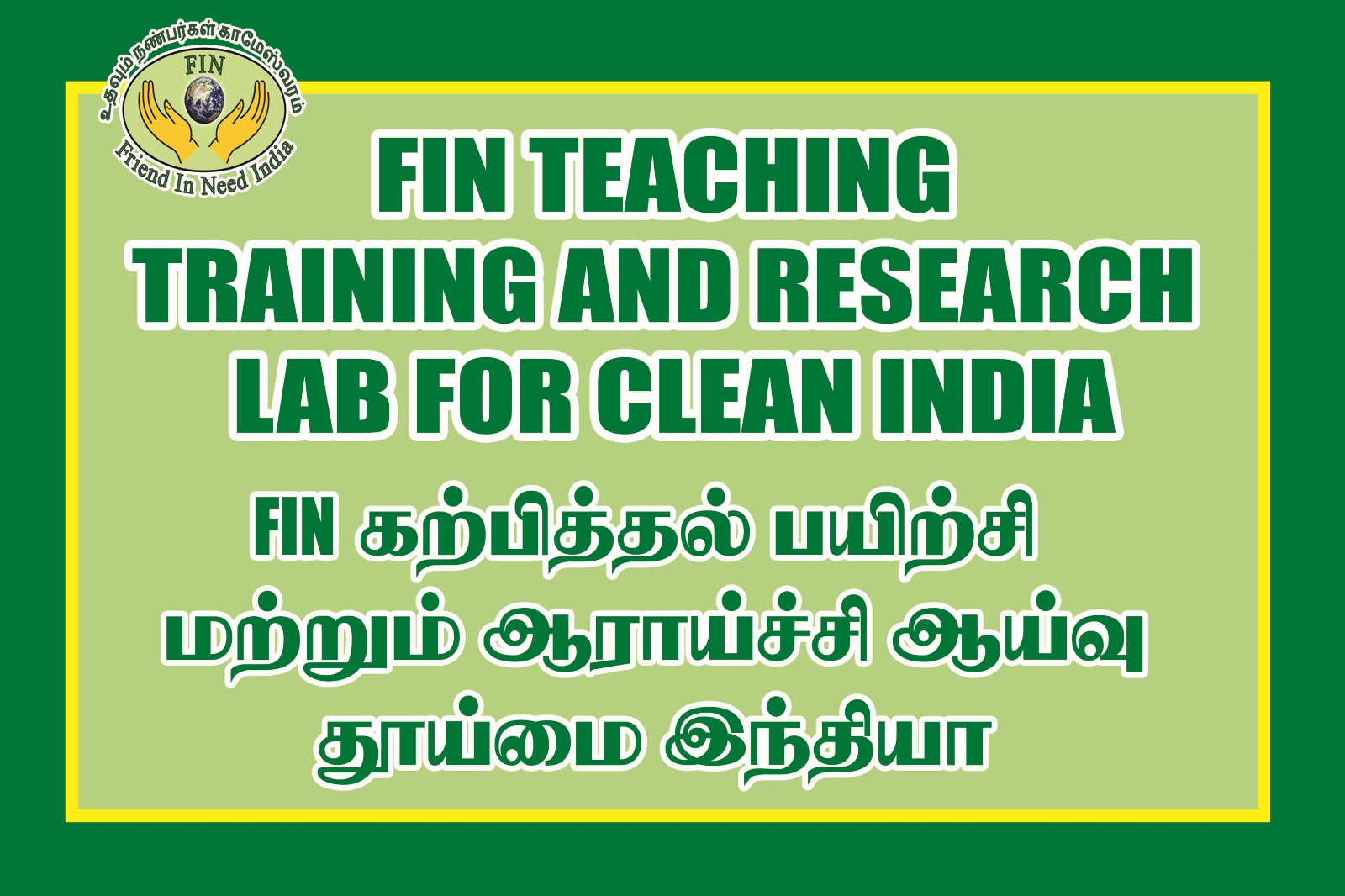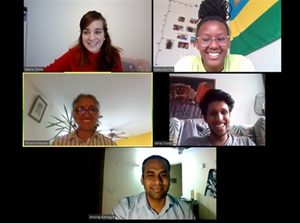OUR LIVING AND VIRTUAL LABS
FOR WASHE (Water, Waste Management, Sanitation, Hygiene behaviour and community Engagement)

- A Living Lab: FIN Kameswaram, our rural living lab in Kameswaram village (Tamil Nadu, India) experiments with sustainability education,grassroots innovation generation and diffusion, livelihood creation and community level initiatives.

- A Virtual Lab: Centre for Circular Economy, our virtual lab of academics, professionals and students passionate about contributing to a cleaner and greener India and world through teaching, training and research.
Till recently, economic policies for growth and development were aligned with the ‘linear economy model’, wherein ‘waste’ was accepted as a negative externality generated by production and consumption patterns. However, worldwide, the perspective is moving away from the ‘linear economy model’ and towards a ‘circular economy’ wherein production and consumption patterns minimise waste production without sacrificing the economic growth of countries. The circular economy aims to be regenerative by design, with minimum production of waste that cannot be recycled and maximal usage of products over time, along with optimal reuse, optimal refurbishment, remanufacturing and recycling of products and materials. For all countries, and especially emerging economies like India, transitioning to a circular economy is challenging. In response the objective of this centre is to contribute to facilitating it through: Evidence based Policy/Strategy research, Multi-stakeholder forums/workshops and Education/Training programs for students and professionals.

